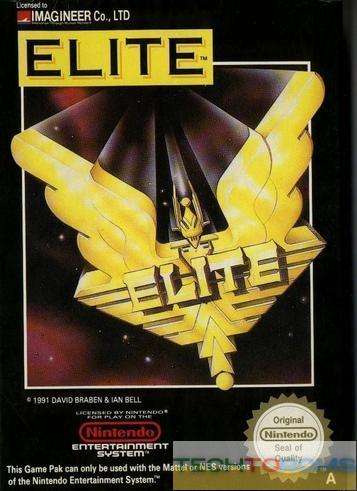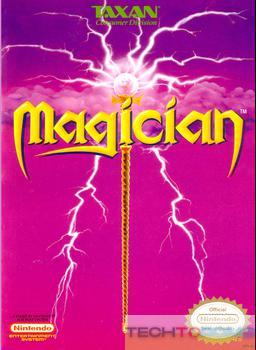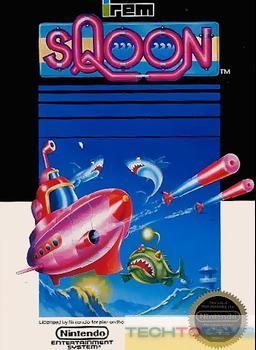
![Duck Tales [T-Port]](https://nyc3.digitaloceanspaces.com/techtoroms.com/2024/02/image.png?v=1708392849)
Duck Tales [T-Port] Rom Download
February 20, 2024
US
131 kB
22
Duck Tales remains a timeless classic for anyone who ever held a Nintendo Entertainment System (NES) controller in their hands. The game’s nostalgic pull is as strong as its reputation for innovative gameplay and vibrant, memorable 8-bit animation. But for those die-hard fans who can’t resist the Siren call of Scrooge McDuck’s adventures in the T-Port ROM world, there’s a growing wave of excitement around a new leak of the beloved game’s alternate English version – a reinvitation to the thrill of the chase for treasures only this gaming world can offer. This blog post delves into the details of this ROM version, the reasons behind its appeal, and the broader implications for the rekindling of classic video game communities.
Emergence of the English T-Port ROM
A recent resurgence in retro gaming has spotlighted the uncovering of the T-Port version, serving a double dose of delight for Duck Tales aficionados. This quacktastic find is not just a matter of historical curiosity; it acts as a window into the development process, offering a glimpse of what could have been or what was meant to be before the game’s final polishing.
The T-Port version of the Duck Tales ROM for the NES is a unique release that didn’t make it to retail shelves, charting its own course in the ROM collector’s canon. Now, as it makes its rounds across the emulated NES seas, seasoned treasure hunters and newcomers alike have a fresh reason to dive back into the Duckburg universe.
A Wealth of Differences
In a sea of ROMs, what makes this particular version of Duck Tales so noteworthy? Quite a bit, actually. Unlike other known versions, this T-Port leak brings with it some substantial changes and a wealth of differences ripe for exploration and awash with the potential for new gaming experiences.
The differences start at the script level, with dialogues that diverge significantly from the lines etched into the collective gamer memory by the commercial release. But it’s more than just words; the T-Port version boasts altered audio tracks, suggesting a musical path not taken in the final cut. There’s a treasure trove of unseen textures, sprites, and game mechanics that could have fundamentally changed the gameplay dynamics. All of this adds up to an experience that, while familiar, contains enough novelty to enthrall even the most seasoned players.
ROMs and Legality – Navigating the Gray
ROMs occupy a curious space in the gaming world. Emulation and ROM communities often exist in the gray areas of intellectual property law, and discussions about their legal and ethical implications can be as labyrinthine as the code they preserve. However, the emergence of previously unknown or unreleased versions, such as the T-Port ROM, can complicate these conversations.
For gaming historians, ROMs act as a vital link to the past, preserving gaming artifacts that might otherwise be lost to time. They allow for the study of game design, the exploration of international game variances, and the understanding of a game’s developmental arc. However, the ease with which ROMs can be distributed and the often-murky origins of these files have led to a web of legal ambiguity.
As Duck Tales in the T-Port version demonstrates, ROMs are a double-edged sword. On one side, they provide access to fascinating artifacts and experiences; on the other, they raise questions about the ownership and distribution of content. Navigating this landscape requires a careful balance of enthusiasm for gaming history and respect for the rights of developers and publishers.
The Community’s Quack Back
The uncovering of the T-Port ROM has ignited the Duck Tales fandom, sparking a new wave of engagement and excitement. For many players, the opportunity to experience a piece of their childhood in a new light is invaluable, and the ROM’s novelty draws a fast crowd.
Despite the legal debates and technical challenges, there’s an undeniable charm in the T-Port ROM. Its existence underscores the potential for rediscovery within classic game libraries, and its allure resonates with a community eager to revitalize and reimmerse themselves in familiar worlds.
Legacy vs. Accessibility
The allure of games like Duck Tales lies in their dual promise of legacy and accessibility. On one hand, they carry the weight of their place in gaming history, indicative of an era of design and technology now immortalized in emulated form. On the other hand, they stand as gateways, offering new players the chance to step back in time and appreciate the medium’s progression.
The emergence of the T-Port ROM version throws this balance into sharp relief. By providing a relatively undisturbed window into an altered development cycle, it enhances the legacy of Duck Tales, adding an uncharted footnote to the game’s history. And yet, it does so in a way that, for many, is far more accessible and engaging than a historical text or maintained artifact.
In Closing – Adventure Awaits
The T-Port Duck Tales ROM serves as a potent reminder of the enduring magic of classic games and the dedicated communities that keep them alive. As we navigate the seas of nostalgia and innovation, it’s important to embrace the excitement of new discoveries tempered by a respect for the past and the legal considerations that surround these emulated artifacts.
For Duck Tales enthusiasts, this ROM version marks the dawn of a new adventure. It’s a chance to revisit an old favorite with fresh eyes, to wonder what might have been, and to find joy in the unexplored corners of a cherished digital world. Nostalgia may anchor us to the past, but it need not tie us down. The T-Port ROM is a testament to the evergreen nature of gaming’s allure and the unending potential for surprise.
SEE MORE INTERESTING GAMES


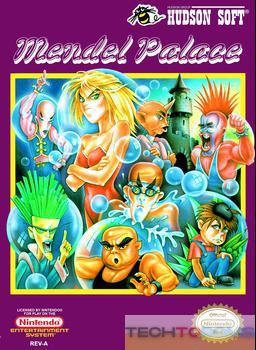

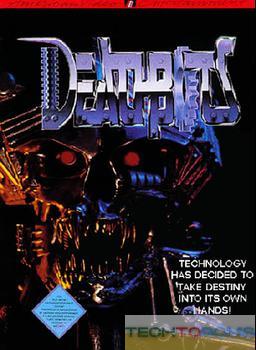

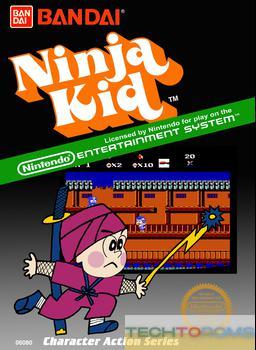

![Dragon Ball Z 2 – Gekishin Freeza!! [hFFE]](https://nyc3.digitaloceanspaces.com/techtoroms.com/2024/04/image.png?v=1713839658)
